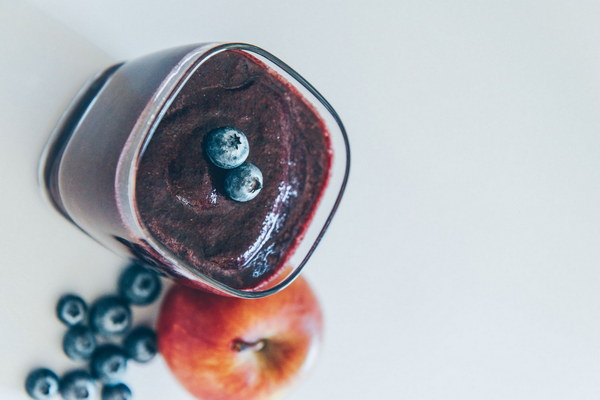Can Patients with Gastritis Take Anti-Aging Supplements
Introduction:
Gastritis, an inflammation of the lining of the stomach, is a common digestive disorder. It can be caused by various factors such as H. pylori infection, alcohol consumption, and long-term use of certain medications. With the increasing popularity of anti-aging supplements, many people with gastritis may wonder whether they can safely take these products. In this article, we will discuss the potential risks and benefits of using anti-aging supplements for patients with gastritis.
What are anti-aging supplements?
Anti-aging supplements are dietary supplements designed to help slow down the aging process and improve overall health. They typically contain ingredients such as antioxidants, vitamins, minerals, and amino acids, which are believed to protect against oxidative stress and reduce the risk of age-related diseases.
The potential risks of anti-aging supplements for gastritis patients:
1. Irritation to the stomach lining: Some anti-aging supplements may contain harsh ingredients that can irritate the already inflamed stomach lining, exacerbating the symptoms of gastritis.
2. Interaction with medications: Gastritis patients often take medications to manage their condition, and some anti-aging supplements may interact with these medications, leading to adverse effects.
3. Side effects: Some individuals may experience side effects such as nausea, diarrhea, and stomach pain when taking anti-aging supplements, which can worsen gastritis symptoms.
The potential benefits of anti-aging supplements for gastritis patients:
1. Antioxidant properties: Some anti-aging supplements contain antioxidants that can help reduce oxidative stress and inflammation in the stomach lining, potentially improving gastritis symptoms.

2. Nutritional support: These supplements can provide essential nutrients that may be lacking in the diet of gastritis patients, promoting overall health and well-being.
3. Weight management: Some anti-aging supplements can aid in weight management, which is beneficial for gastritis patients as excess weight can exacerbate their symptoms.
Consulting a healthcare professional:
Before considering the use of anti-aging supplements, it is crucial for gastritis patients to consult with a healthcare professional. They can provide personalized advice based on the individual's medical history, current treatment plan, and specific dietary needs.
Tips for gastritis patients considering anti-aging supplements:
1. Opt for natural ingredients: Choose anti-aging supplements with natural ingredients that are less likely to irritate the stomach lining.
2. Start with a low dose: Begin with a low dose of the supplement and gradually increase it, if necessary, to minimize the risk of adverse effects.
3. Monitor symptoms: Keep track of any changes in symptoms while taking the supplement and inform your healthcare provider if you experience any adverse effects.
4. Maintain a balanced diet: A well-balanced diet rich in fruits, vegetables, whole grains, and lean proteins can provide the necessary nutrients without the need for additional supplements.
Conclusion:
While anti-aging supplements may offer some potential benefits for gastritis patients, it is essential to consult with a healthcare professional before starting any new supplement regimen. By choosing natural ingredients, starting with a low dose, and monitoring symptoms, gastritis patients can minimize the risks and maximize the potential benefits of anti-aging supplements.









